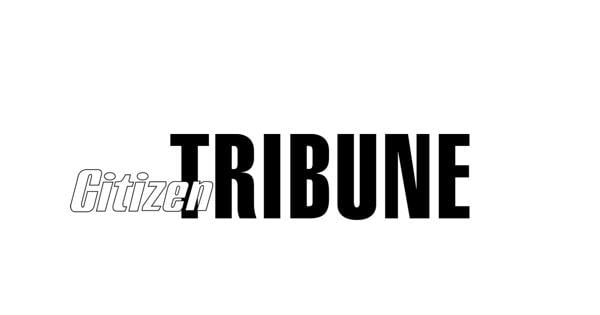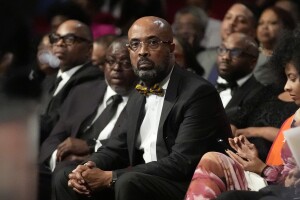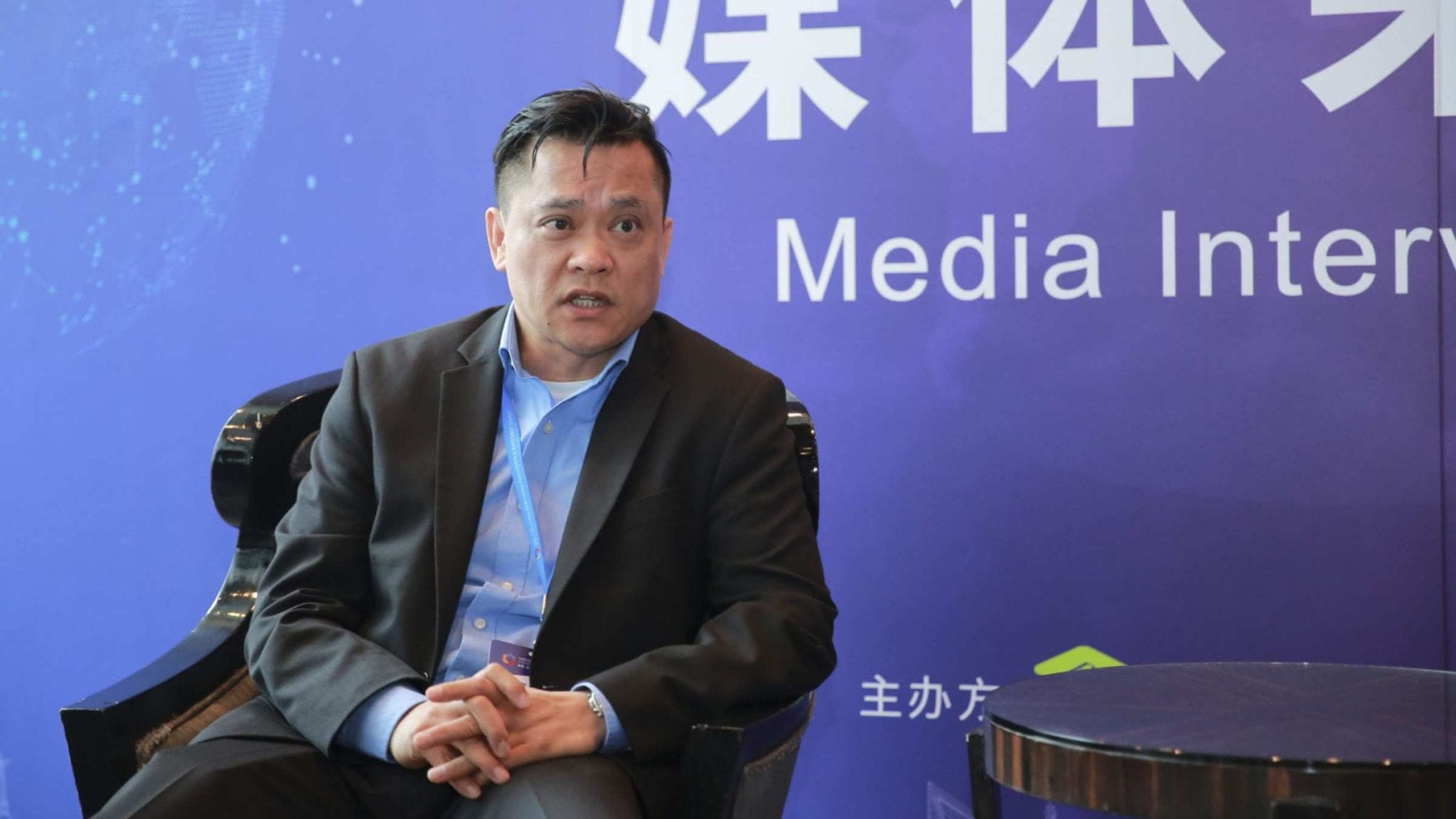
President Donald Trump announced on Friday that he is contemplating a “massive increase” in tariffs on Chinese imports, responding to China’s recent restrictions on exports of rare earth elements essential for American industries. This development comes as Trump prepares for an upcoming trip to South Korea, where he indicated that there may be “no reason” to meet with Chinese leader Xi Jinping due to escalating trade tensions.
The United States and China have been engaged in a prolonged trade dispute, which intensified earlier this year with the introduction of tariffs by both nations. Despite previous agreements aimed at reducing tariffs during negotiations in Switzerland and the United Kingdom, the relationship remains strained. China’s latest move to limit access to rare earths—key components in various U.S. technologies—has further complicated the situation.
Political Reactions and Broader Implications
In related news, the President of the Massachusetts Institute of Technology, Sally Kornbluth, publicly opposed a proposal that would require universities to align with Trump’s political agenda in exchange for federal funding. MIT was among nine institutions invited to sign a compact that the White House described as offering significant federal grants. While some universities expressed support, many remained silent as they reviewed the agreement.
In healthcare matters, Trump is set to announce measures aimed at reducing prescription drug prices in the United States. This follows an agreement with Pfizer that aims to align U.S. drug prices with those of other developed nations. Advocates have expressed cautious optimism about these developments but have voiced concerns that the focus on individual companies may not address broader systemic issues.
The White House also faced scrutiny following Trump’s exclusion from the Nobel Peace Prize nominations, with communications director Steven Cheung criticizing the Nobel Committee for prioritizing politics over peace. Venezuelan opposition leader María Corina Machado received the award, prompting her to dedicate the honor to Trump for his support of democratic movements in her country.
Government Shutdown and Legislative Challenges
The ongoing government shutdown has prompted Mike Johnson, the Speaker of the House, to state that he will not call lawmakers back to Washington until the Senate passes a funding bill. The House has not convened for votes in nearly three weeks, leading to tensions as many view the delay as a vacation for House Republicans. Johnson emphasized that his members are actively working in their districts to assist constituents during this period.
As the shutdown continues, approximately 1.3 million military service members are at risk of missing their paychecks next week. The absence of House lawmakers during this critical time raises significant concerns for military families who depend on regular income. Johnson has been vocal in attributing blame to Senate Democrats, particularly Chuck Schumer, for the current impasse.
In the realm of public safety, the National Guard has begun patrolling in Memphis as part of Trump’s federal task force initiative. This deployment follows a federal court ruling that blocked the movement of troops to the Chicago area for a period of two weeks. The number of National Guard members currently deployed in Memphis remains unclear, but this move reflects the administration’s ongoing focus on addressing crime in several U.S. cities, despite contrasting statistical evidence.
As these various issues unfold, the dynamics of U.S. politics continue to evolve rapidly, with implications for both domestic policy and international relations.







